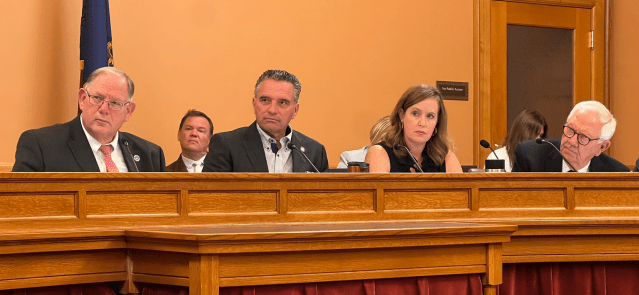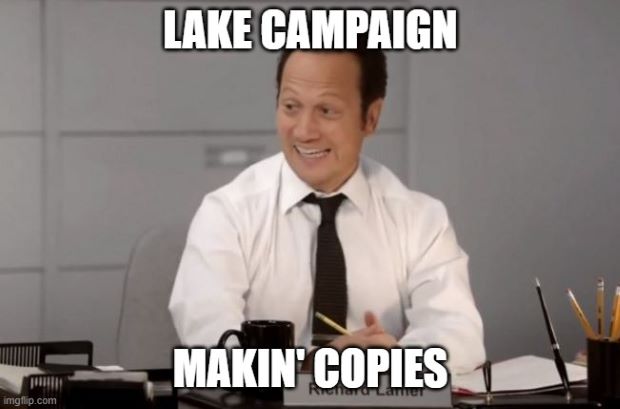Legislative leaders said Friday they want a soft launch of a potential new bill tracking service during the 2025 session before full implementation in July.
The Legislative Coordinating Council Subcommittee on Administration met to discuss a request-for-proposal draft meant to secure a legislative bill tracking service that can provide legislation information on all 50 states.
“My whole reason for doing this was just to see what’s out there,” House Speaker Dan Hawkins, R-Wichita, said. “If we don’t need to make a change, let’s not make a change. But there’s other stuff out there and, quite frankly, we may become better by this exercise.”
Hawkins; Senate President Ty Masterson, R-Andover; and Senate Minority Leader Dinah Sykes, D-Lenexa, continued the discussion that the full council started July 30.
The council renewed the Legislature’s contract with KanFocus, the bill tracking provider for the past 18 years, for a year as it starts the process of soliciting bids for a company to track legislation across the country.
Hawkins on Friday didn’t count out KanFocus as far as its ability to provide what the Legislature is seeking.
“There’s a lot of things they do that I don’t know that everybody else will do,” he said.
Sykes asked why the Legislature should move to the 50-state tracking. Hawkins said legislators could use it as a research tool before going to the Legislative Research Department with a better idea of what they’re looking for.
The draft contained some of the criteria the council will consider during the evaluation process:
- Cost
- Adequacy and completeness of the proposal
- Bidders’ understanding of the project
- Compliance with the terms and conditions of the request for proposal
- Experience in providing like services
- Qualified staff
- Appropriate methodology planned to accomplish tasks
- Response format as required by the request for proposal
Masterson said he would like the proposal to include information about the Legislature’s current capabilities for bill tracking and the desired functionality.
The subcommittee also discussed the proposed timeline.
The full council is expected to vote on the request-for-proposal document at its Aug. 21 meeting.
The council would issue the proposal in mid-September with responses due by the end of October.
The evaluation process would wrap up with a decision by mid-December, which would allow the soft launch of the service by the start of the session.
Bryan Richardson is the managing editor at State Affairs Pro Kansas/Hawver’s Capitol Report. Reach him at [email protected] or on X @RichInNews.


